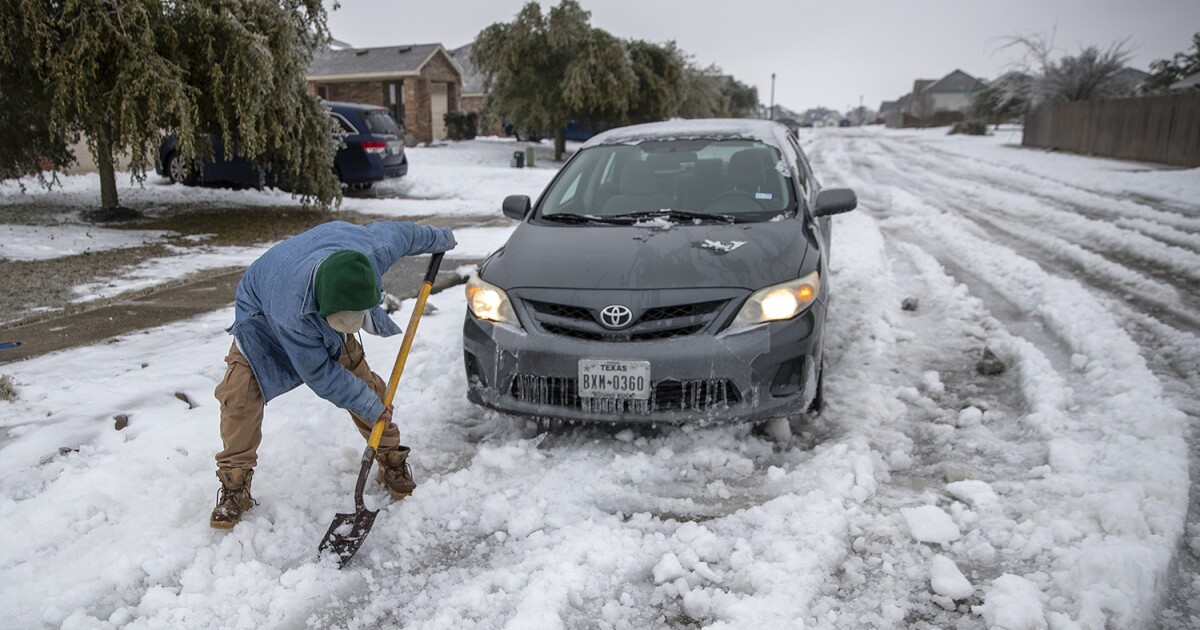

However, many providers were unable to sign on new customers during the deep freeze. At the time, Griddy took the unprecedented step of asking its customers to switch to other providers. When multiple power sources failed during the weekend, the commission and Texas' grid operator, ERCOT, allowed wholesale prices for energy to rise to 300 times their typical level in order to encourage more power to come on the grid. The power provider Just Energy said it could lose up to $250 million from the episode and potentially go out of business.

The city of Denton spent $207 million on power during the outages, close to its annual electricity budget. Some municipalities and alternative power providers were also caught unawares.

Residents weren't the only ones facing thousand-dollar power bills. Utilities are banned from disconnecting customers for nonpayment and have been told to pause billing. "Texas courts generally are very conservative, and they often say to consumers, 'You signed that contract, you should have read it and understood what it said,'" Alderman noted.įor now, Texas Governor Greg Abbott has called power bills a "top priority" for legislators. Even when a consumer does make it into court, the judge is often not on their side. Many contracts force consumers into private arbitration, a non-juried system that tends to favor companies. Still, such lawsuits face several hurdles. School disrupted and families without homes after deadly Texas storm 02:01 Texas law protects consumers who are taken advantage of "to a grossly unfair degree," Alderman said, adding that power price spikes into the thousands of dollars should qualify as grossly unfair the law. "There's a decent claim these contracts are unconscionable," said Richard Alderman, director of the University of Houston's Consumer Law Center and professor emeritus at the university. The historic outages have pushed some Texas lawmakers to consider the formerly unthinkable: slapping stricter regulations on the state's energy sector. "It sure looks like consumers got lured into the promise of a little bit cheaper electricity, with the fine print being, 'Oh, if there's a grid emergency you might get a bill for $5,000,'" said Costa Samaras, associate professor at Carnegie Mellon and adjunct analyst at RAND. Under such mortgages, a homeowner could get a slightly lower interest rate but was on the hook for interest rate hikes down the road. Others have likened them to adjustable-rate mortgages that were popular during the early 2000s housing boom. Some power industry experts have called variable-rate utility contracts predatory. In variable plans such as the one Griddy offers, consumers pay wholesale prices, meaning their bills are low in times of low demand but can quickly rise during crunch times.Ī Wall Street Journal analysis this week found that, far from enjoying cheaper electricity, customers in Texas paid $28 billion more for power after deregulation over the last 20 years than they would have under traditional plans. Most Texans, according to utility commission spokesperson Andrew Barlow, are on fixed-rate plans in which users pay a predetermined amount for each bit of electricity they use. Plans like Griddy's are a relatively new feature in Texas' largely deregulated energy market.


 0 kommentar(er)
0 kommentar(er)
